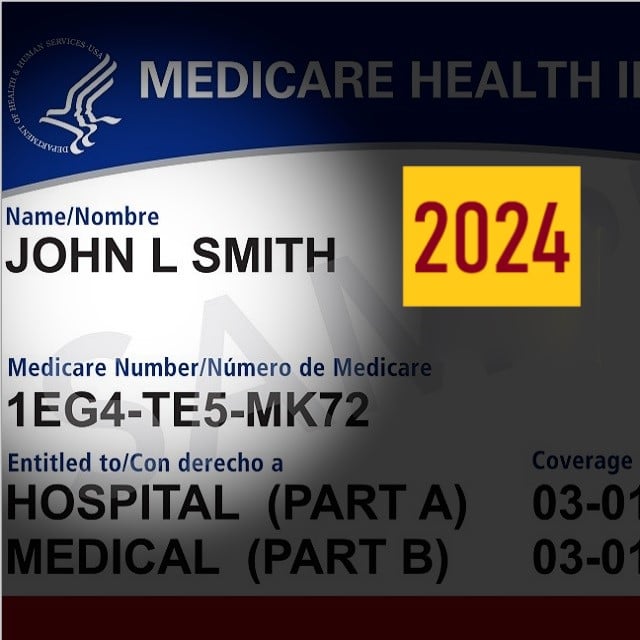Deducting Medicare Premiums

What You Need to Know
Most clients can deduct the premiums only if they can itemize their medical expenses.
The threshold is 7.5% of adjusted gross income.
Self-employed clients can do more.
As tax season approaches, Medicare beneficiaries often think about how their health care costs will affect their tax returns.
Sarah and Tony are examples of Medicare beneficiaries who have two fairly common situations.
Sarah is a beneficiary over 65 who has stopped working for pay and has diabetes.
Tony, Sarah’s neighbor, is a beneficiary over 65 who’s self-employed as a graphic designer.
The Question
Can older, self-employed Medicare beneficiaries like Sarah and Tony deduct the Medicare premiums from their taxable income, and, if so, how does that work?”
The Answer
Yes, Medicare premiums can be tax-deductible under certain conditions.
To do that, most clients must itemize their deductions. Only medical expenses exceeding 7.5% of a client’s adjusted gross income, or AGI, will be deductible.
For example, if Sarah’s AGI is $50,000, she can deduct the total amount of Medicare premiums and other medical expenses over the $3,750 threshold.
Of course, consult with your compliance advisors before discussing topics related to taxes with clients. Encourage your clients to talk to their tax professionals about ways to maximize deductions while complying fully with current tax laws.
More to consider:
1. Deductible Medicare Expenses
Addressing Sarah’s concerns leads to a list of the kinds of Medicare-related expenses she might be able to deduct.
If she has enough medical expenses to deduct the Medicare-related spending, the Medicare-related total could include:
Medicare Part A inpatient hospitalization premiums.
Medicare Part B outpatient hospital services and physician services premiums.
Medicare Advantage premiums.
Medicare supplement insurance premiums.
Medicare Part D prescription drug coverage premiums.
Additionally, Sarah can deduct any long-term care insurance premiums. The amount of LTCI premiums she can deduct will be based on her age.
She can also deduct spending on nonprescription insulin.
Other out-of-pocket costs, such as deductibles, copayments, and specific medical services and equipment, may also qualify for deductions.
2. Exceptions and Special Considerations
Not all expenses associated with health care are deductible.






